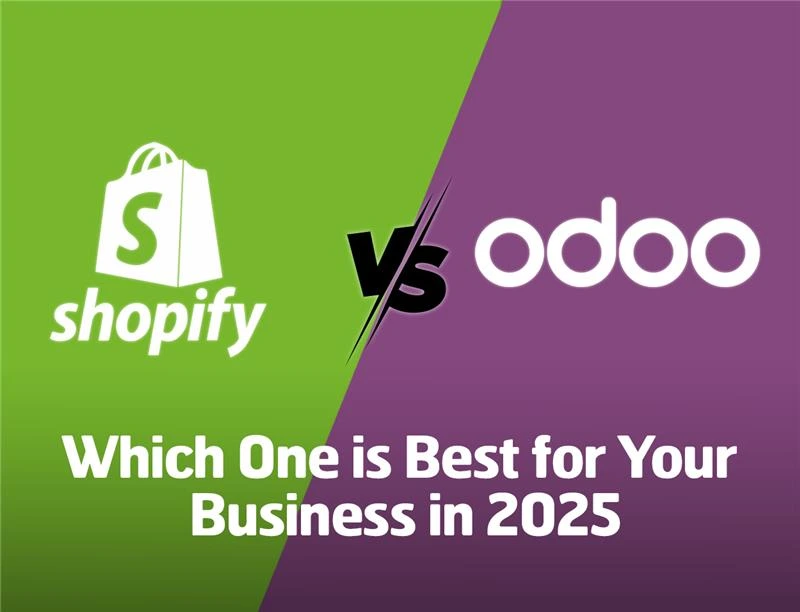Do you understand what it takes to succeed as a digital marketer today? Whether you’re just starting out in a career in digital marketing or you’re already part of a corporate marketing team, the information in this article, “7 Skills Every Digital Marketer Needs to Succeed,” can help you get ahead.
1. Understand How Digital Marketing Fits in
When looking at an overall digital marketing funnel, traffic drivers are at the top. Paid and organic search, organic, social media, and emails are examples of these. Each of these is a distinct discipline that works to direct visitors to your website. The goal is to convert visitors into customers. This is where conversion optimization comes in.
Visitors are then routed to your Customer Relationship Management (CRM) system, where Analytics comes into play, measuring and displaying how things actually transpired. Finally, everything is fine-tuned for conversion rate optimization (CRO).
2. Learn the Fundamentals of Complementary Roles
Knowing your own role is insufficient. Interactions between groups in the sales funnel are not only common but also necessary, as previously stated. That is why it is critical to become acquainted with the fundamental “101-level” skills that will be used by the other specialties on your team so that you can communicate with them. Everyone should be conversing with one another. This improves collaboration and the overall digital marketing effort.
3. Excel is excellent at using Excel
Whatever you do, you will use this program called Excel. Everyone in marketing should be familiar with basic sorting, filtering, conditional formatting, and how to create a pivot table. Everyone will make use of those abilities.
If your position requires a lot of math, such as PPC, you must also be familiar with pivot charts, regular charts, VLOOKUP, nested arguments, and advanced formulas. If you work in CRO or analytics, you should be familiar with data visualization tools such as Power BI and Tableau.
4. Improve Your Soft Skills
Here are the key soft skills that every digital marketer should have:
- Organization: You don’t have to be an OMCP-certified project manager to apply, but you should understand how project management works. Learn about the project management systems commonly used in digital marketing, such as Basecamp, Trello, and JIRA. They understand how to keep their assets organized. Know where to look for the assets you and your team will require.
- Logical Reasoning: You can’t repeat the process if you can’t flowchart it. Have the ability to think logically about how users move through your department and how decisions are made. This is critical for maintaining consistency, manageability, and repeatability in your processes.
Knowing how to flowchart is also necessary if you want to explain to your development team how to build a program that will automate some of the tedious and repetitive digital functions you don’t want to do every day.
5. Visualization of data:
Visualizing and graphically representing data is critical if you work in analytics, CRO, or PPC. However, in order to work in digital marketing, you must be able to create visual charts as well as interpret them. This is also why it’s beneficial to understand the fundamentals of Excel and Excel charts so that you can reverse-engineer a chart if you don’t understand it.
6. Maintain Your Adaptability to Change
Platforms are constantly evolving. Google AdWords now has a brand new interface that was not available a year and a half ago and is still evolving. Google Analytics user interface is updated every six months. If you only learn to push buttons, you won’t be able to find work when the buttons change.
Instead, you want to understand why we press the buttons. If you understand those nuances, regardless of the changes, you can either decide which new button to press or explain them to someone else in the company. Understanding the concept and the context surrounding it is required to adapt as platforms change.
To summarise
To be a successful digital media agency, you must have a diverse set of skills, both hard and soft. The best approach consists of three stages: choose a specialty (what are you passionate about), improve your skills (in technology, organization, and communication), and finally, grow to learn complementary basics of specialties outside of—but related to—your own.



